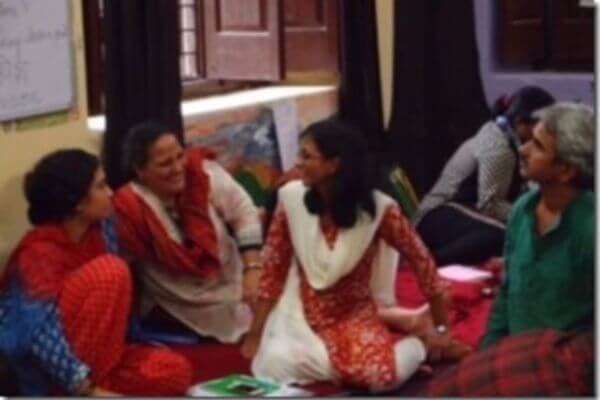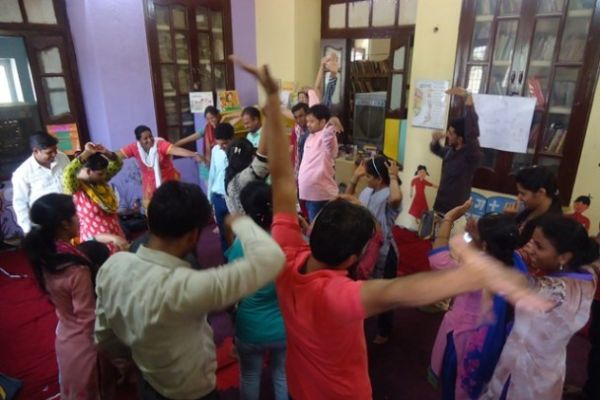
Loading...

Loading...
We have an opportunity with children’s literature in this country. There are as many languages as there are childhoods in India and we need as many stories in print. Stories and literature are necessary in every language for every child. When children see themselves in in a story, they feel comforted. They feel validated and included. The question of what sort of literature to publish, with what kind of representation and quality is important but also difficult to answer. Children who read English and Hindi think poorly of regional languages. English is often considered superior and drawing attention to regional and lesser spoken languages becomes an uphill task. If I had the power, I would make a book about and for every child.
Children learn everywhere. Children learn from experience. Children learn from magic. There is much scope for magic in children’s literature. Some children like nonfiction, some fantasy. When children’s literature isn’t available in a child’s mother tongue, you deprive a child’s of her language and hence, a part of life and her brain. If you teach a child a language alien to her and comfortable to you, you alienate the child from her family, with whom it becomes increasingly difficult to communicate for the child.
Children learn from experience and how you provide the open and happy library experience will determine their relationship with books. Libraries should be free spaces and children shouldn’t be restricted by levels in their reading. Choice and autonomy are important but also difficult to provide, because as adults and caregivers we feel we know better. Children must be heard and listened to. Children learn to decide and make them own decisions if given the chance, if we are patient.
It is important for a child to talk about her decision in choosing a particular book, reading a book and her experience with a book. We must direct a child as little as possible. We seem to know better all the time because we worry too much. The cycle will continue unless we stop. We worry too much about the socially accepted definition of what makes a good girl and what makes a good boy.
It is important for not only children, but all of us, to meet more people, speak more languages, read more languages. The effects of participating in a plural world are great and positive. A child will learn to reflect critically the more she reads. What education and independence do we have in mind when we try to school children? What is the goal? Do we want a thinking child or a child who conforms? What we want determines what books we consider good and what books we consider not so good or inappropriate.
Many Indian authors have written children’s literature but they never publicized it or sent it for reprint. Most famous authors and Sahitya Akademi award winners have written children’s literature too. Amir Khusro, Mirza Ghalib, Mohd Iqbal, Dr Zakir Hussain, Prem Chand in Hindi, Rabindranath Tagore, to name a few. But the books are either missing or inaccessible. That shows you the status of children’s literature in the country. Good children’s literature can provide great pleasure to adults as well.
If all of us agreed that children’s literature is important, then perhaps we would have greater support for children’s literature. Our habit of seeing education as purely academic will harm us. We will realize it the day when all rivers are dry, all trees have been cut. Children’s literature will play a critical role in expanding a child’s scope of learning beyond exams into critical thinking.


The library educator’s course has kicked off!
Written by Parag Team The library educator’s certificate course (LEC) organized by Parag kicked off on May 23rd. The five days of contact (May 23-27) were enriching,..